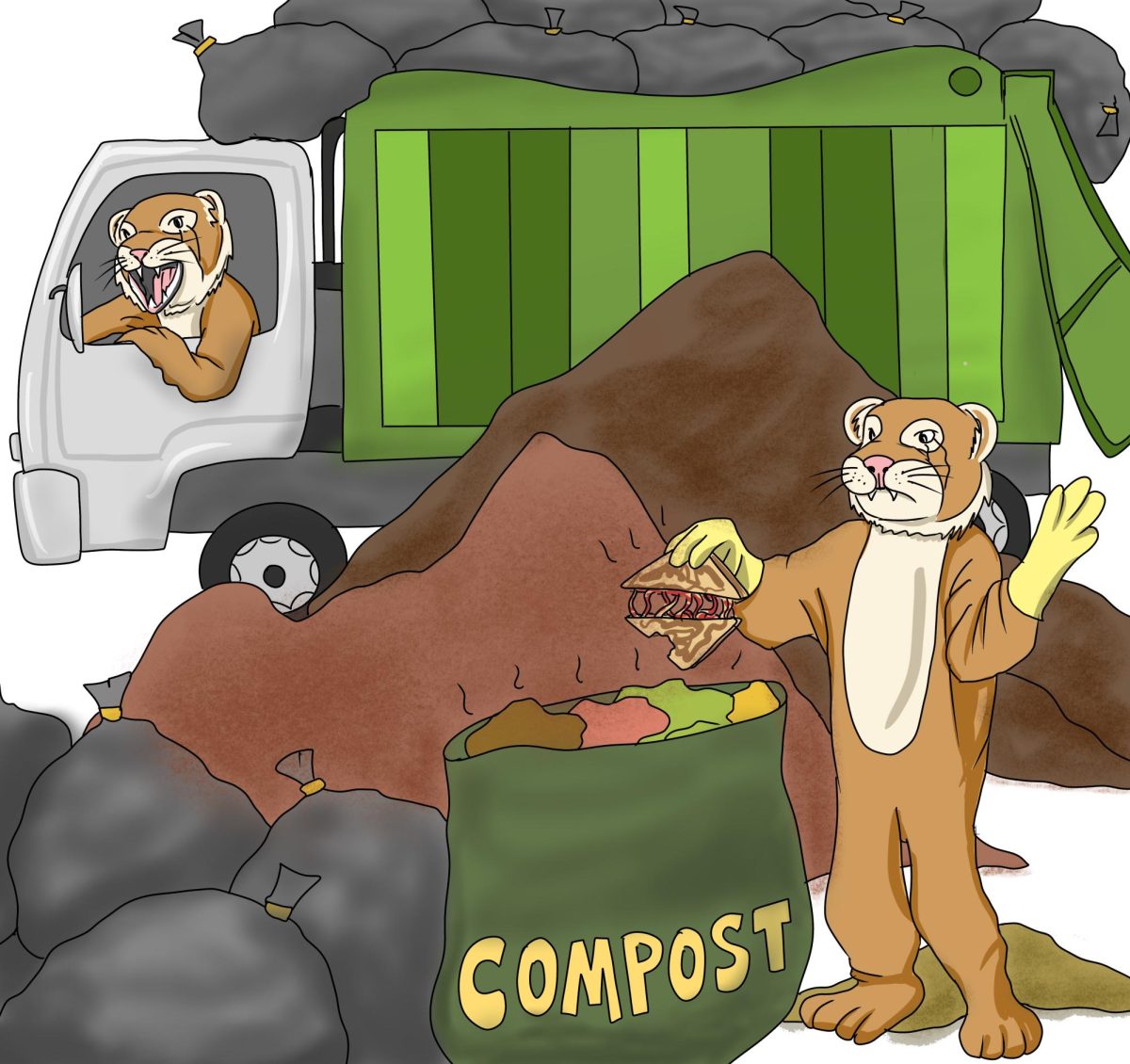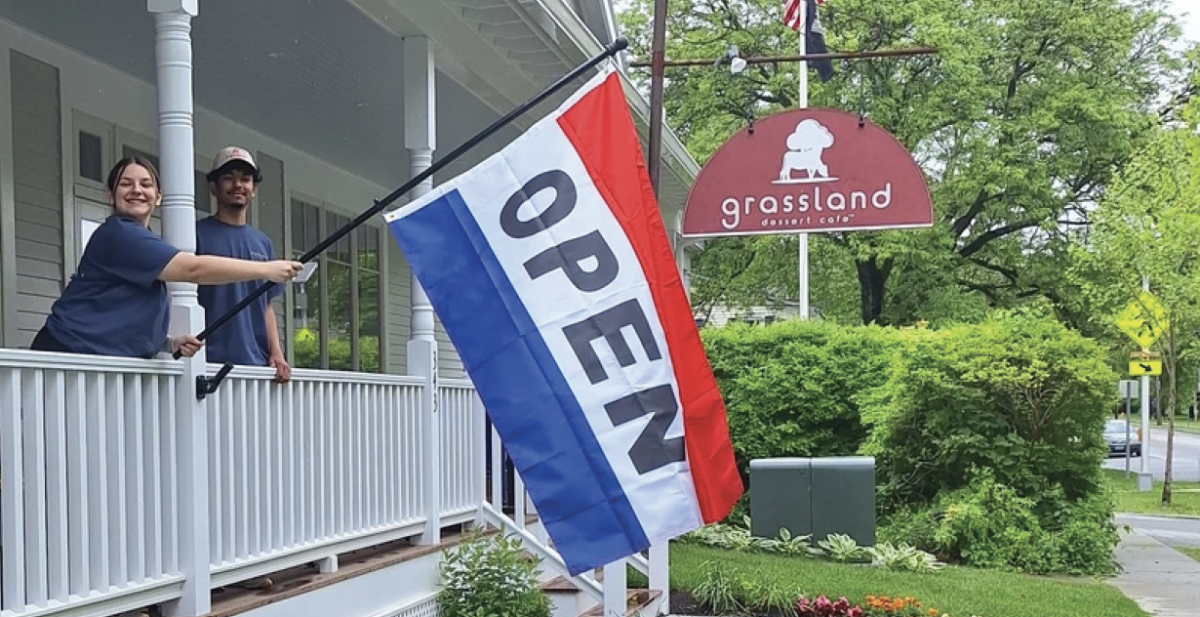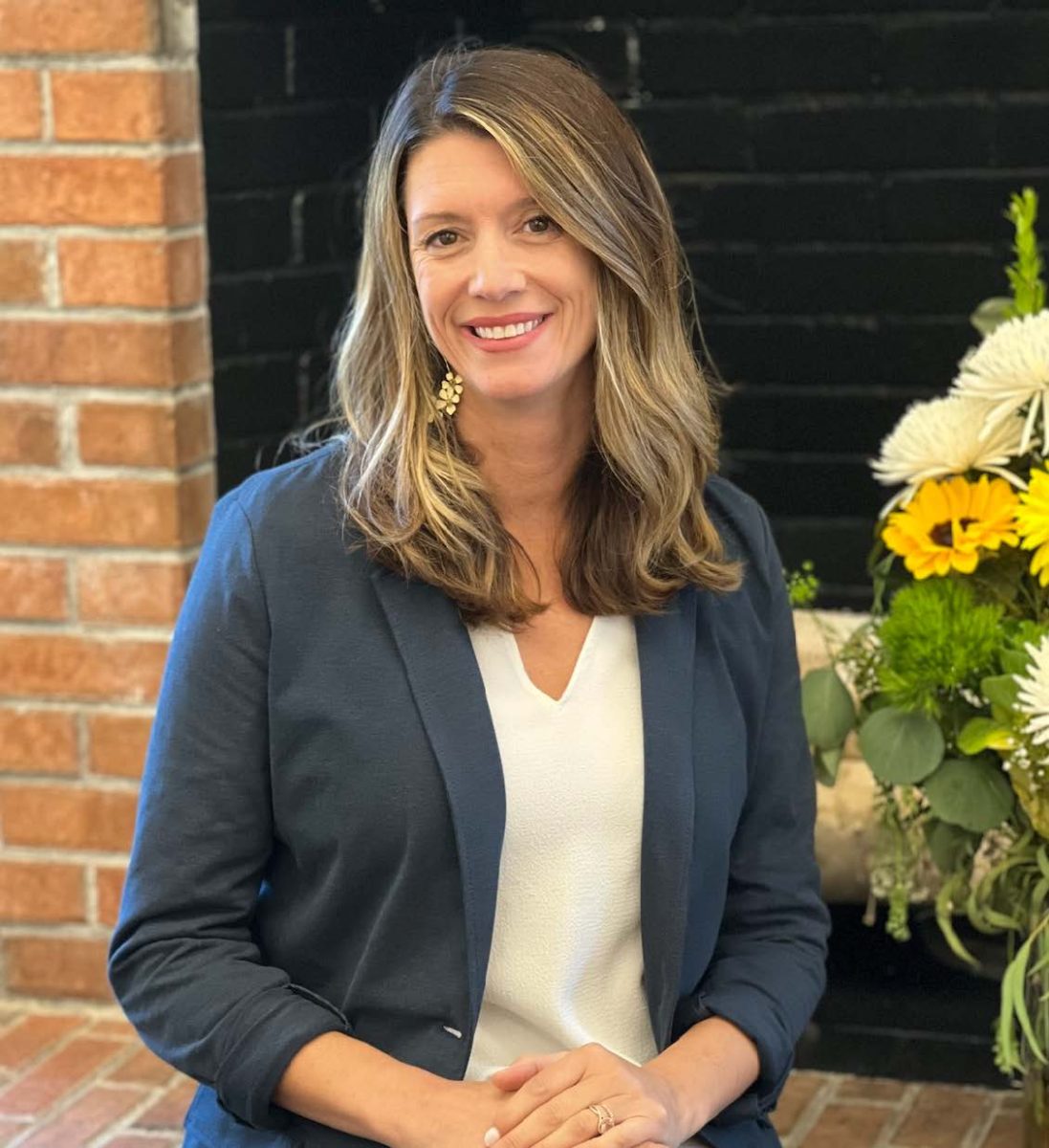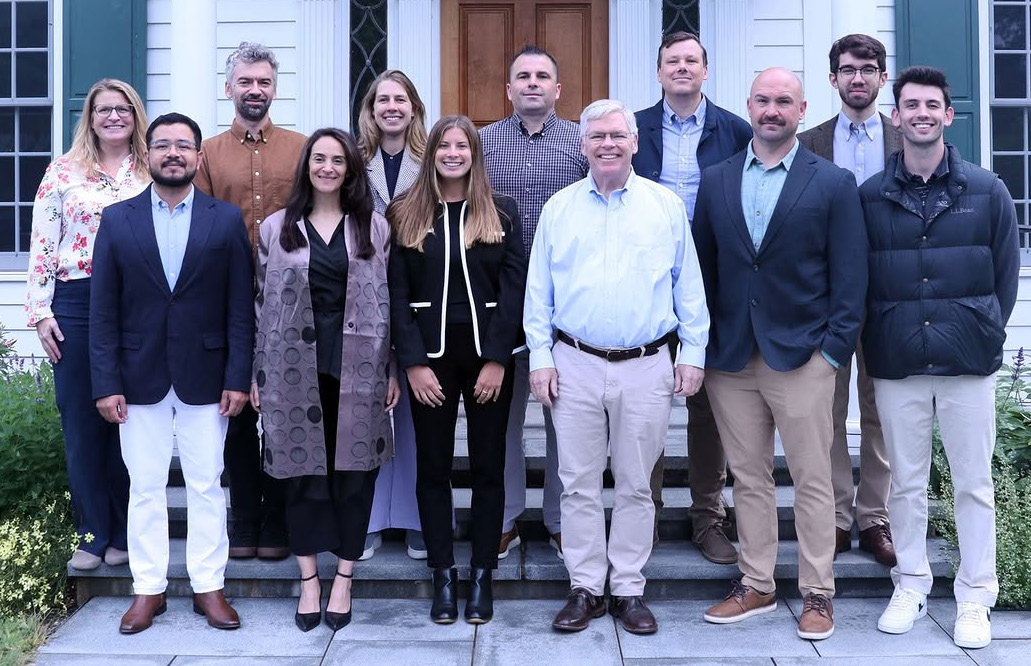Proper waste disposal has become a major concern at the school over the past several years. Food waste, packaging waste, and household waste are constantly produced by the school community.
Food waste makes up the majority of the school’s waste. The Dining Hall dumpsters are flooded daily with leftovers from student meals. Mr. Mike Webster, director of dining services, said, “We should think about this issue more as a community. We always want you to eat everything you want, but the amount of food waste means that we are consuming too much.”
Food waste, along with other community waste produced by the school, is collected and sent to the Salisbury/Sharon Waste Transfer Station. Mr. Brian Bartram, manager of the Salisbury/Sharon Waste Transfer Station, said, “Hotchkiss has a six-yard-long dumpster behind the kitchen, and it gets picked up six times a week. By Monday morning, the waste is usually close to overflowing.”
In addition to waste from the school, the station accepts waste from over 7500 residents in the two towns and multiple other boarding schools in the area. At the transfer station, waste is systematically sorted into recyclables – which is transported to private recycling centers in Berlin, CT– and garbage waste, which is disposed.
Trash from the transfer station is trucked out on a weekly basis. Before July, 2022, waste was sent to the Materials Innovations and Recycling Authority (MIRA)’s Hartford Waste-to-Energy plant. Trash was combusted and turned into electricity. However, the plant was permanently closed early this summer, when MIRA raised concernsthat it was outdated and costly. Waste formerly sent to MIRA is now placed in a landfill. Since 1965, the U.S. Health Public Service has required all landfills to contain waste so that they cannot contaminate groundwater. The waste produced in the northwest corner of Connecticut is currently sent to the Pennsylvania Keystone Sanitary Landfill, which is more than 3.5 hours away by truck. Mr. Bartram said, “Personally, the fact that we are going back thirty to forty years, to a landfill, is worrying.”
Covid and its lasting effects have greatly impacted the waste disposal at the school. Before 2019, all food waste produced by the was sent to the Laurelbrook Farm in Canaan, Connecticut. During the pandemic, however, Laurelbrook Farm stopped accepting waste from businesses and institutions, causing all food waste to be diverted to landfills.
Currently, the school is looking at new alternatives towards food waste. Mr. Webster said, “We are trying to work with the town [of New Milford], looking at their household composting programs. It’s a logistical challenge [to compost].”
The Salisbury/Sharon Waste Transfer Station has also seen significant increases in annual waste since the pandemic began. Due to social regulations and quarantine, restaurant garbage was reduced, but household waste increased drastically. According to Mr. Bartram, the station would transport around 3000-3200 tons of waste per year before the pandemic, but this number increased drastically to 3500 tons in 2020.
But why is proper waste disposal so important? Mr. Bartram said, “It’s a health and safety sanitation issue. It’s a giant ball of strings; you start pulling at a couple of strings and it affects everything.” Transfer stations have been working continuously towards sanitation and sustainability.
At the school, each dorm’s dumpster is emptied at least three times a week. Frequently, many recyclable items don’t make it to the recycling bins, especially in the MAC and at the end of the school year when students are packing up to leave campus. Cecily Smith ’23, head of Students for Environmental Action (SEA), said, “if there is any contamination of nonrecyclables in the recycling bins, then it all gets wasted.”
Mr. Bartram points out that the one problem that our school and neighboring businesses have is difficulty with initiating change. He said, “Part of that is the beauty of where we live. We’re so far away from everything – it’s beautiful – but the problem is we’re so far away from everything.” Difficulties in transportation arrangements, infrastructures, and waste plants all contribute to the problem.
Therefore, Mr. Bartram suggested that students should start making a difference on a personal level. Smith agrees with Mr. Bartram, saying, “Making sure we’re recycling correctly, consolidating online purchases, or using a reusable water bottle, for example – there are a lot of things we can do.”
Last semester, SEA worked towards ending the use of disposable utensils and plates as pandemic restrictions ceased. Smith said, “This year, SEA is focusing on raising awareness of reducing and recycling.” During Farm Week, SEA placed two food waste bins in the Dining Hall, one for Olympians (odd-numbered classes) and one for Pythians (even-numbered classes). The bins will be weighed team with less food waste will win. Smith said, “Hopefully, the competitive aspect will encourage people to think more about food waste. Everybody has their own role.”






